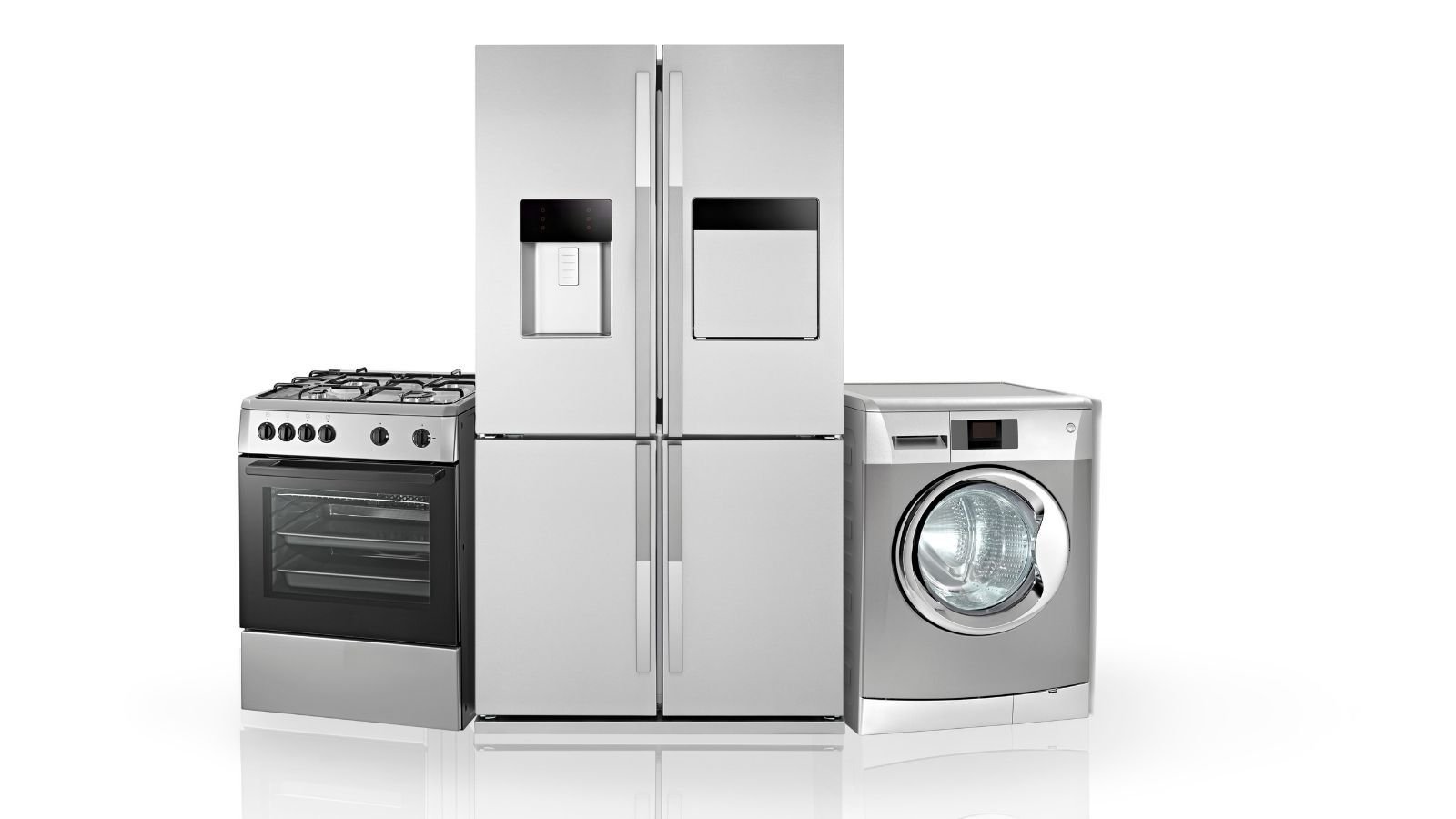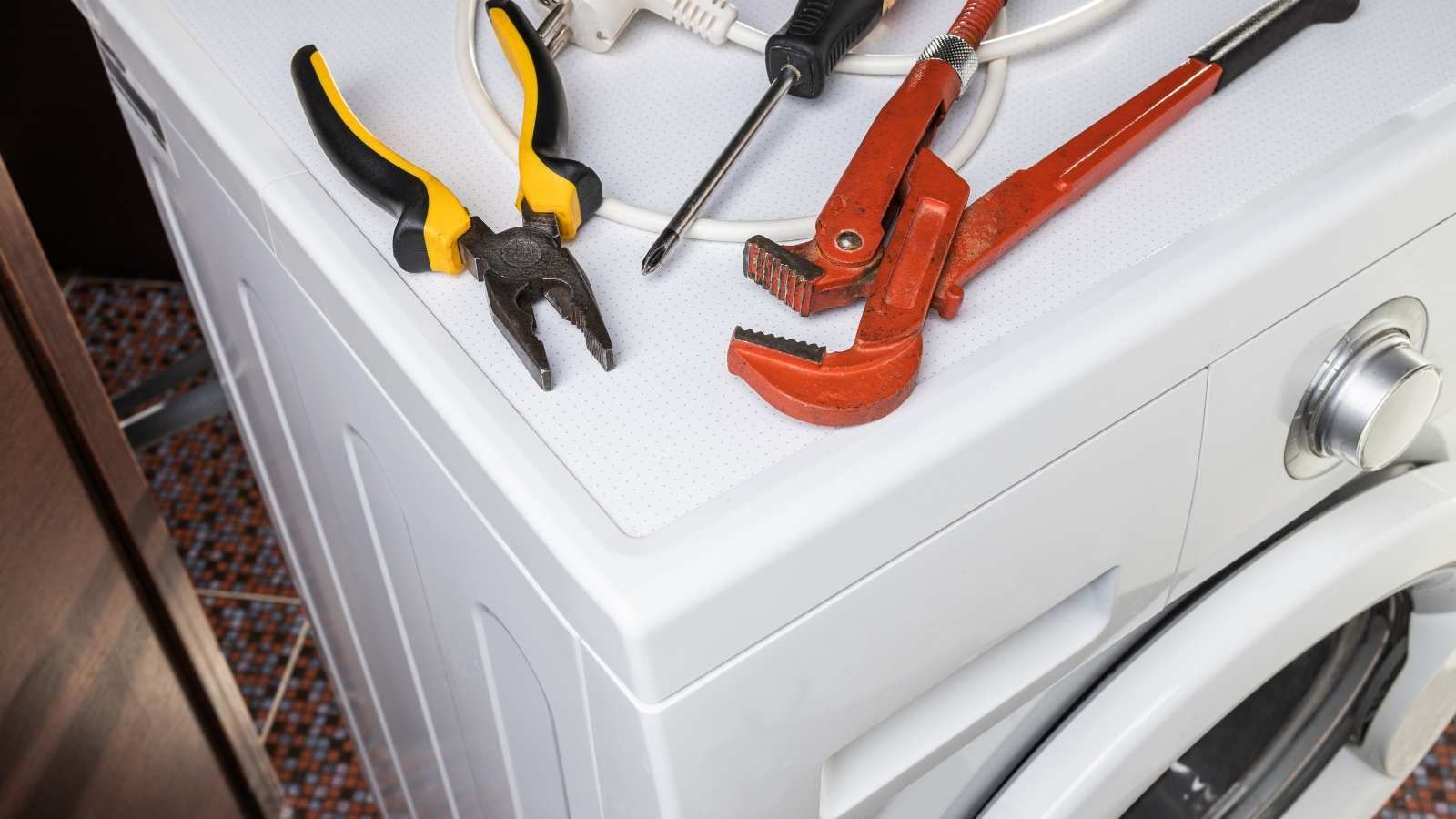5 Reasons to Replace Your Heating System Before Winter
Winter is fast approaching, and with it comes the need for a reliable and efficient home heating system. If you have been putting off replacing your heating system, now is the time to act. Here are five reasons why you should replace your heating system before winter.
1. Improved Efficiency
Replacing an old heating system with a new one can significantly improve your home's energy efficiency. Newer heating systems are designed to be more energy-efficient and use less fuel to produce the same amount of heat. Upgrading your heating system can save money on your energy bills and reduce your carbon footprint.
2. Better Air Quality
Old heating systems can accumulate dust and debris over time, negatively affecting indoor air quality. A new heating system can improve indoor air quality by providing better ventilation and filtration, reducing the amount of dust, pollen, and other allergens in your home. This can be especially important for people with allergies or respiratory problems.
3. Increased Comfort
A new heating system can provide more consistent and comfortable heat throughout your home. Older systems may struggle to maintain a consistent temperature, resulting in cold spots or uneven heating. A new system can help eliminate these issues, ensuring your home is warm and comfortable throughout the winter months.
4. Reduced Risk of Breakdowns
Older heating systems are more prone to breakdowns and malfunctions, which can be inconvenient and costly to repair. By replacing your heating system before winter, you can reduce the risk of unexpected breakdowns and ensure your home stays warm and comfortable throughout the season.
5. Cost Savings
While the upfront cost of a new heating system may seem daunting, it can actually save you money in the long run. Newer systems are designed to be more energy-efficient, which can result in significant cost savings over time. Additionally, a new system may require fewer repairs and less maintenance, saving you money on maintenance costs.

 By
By


